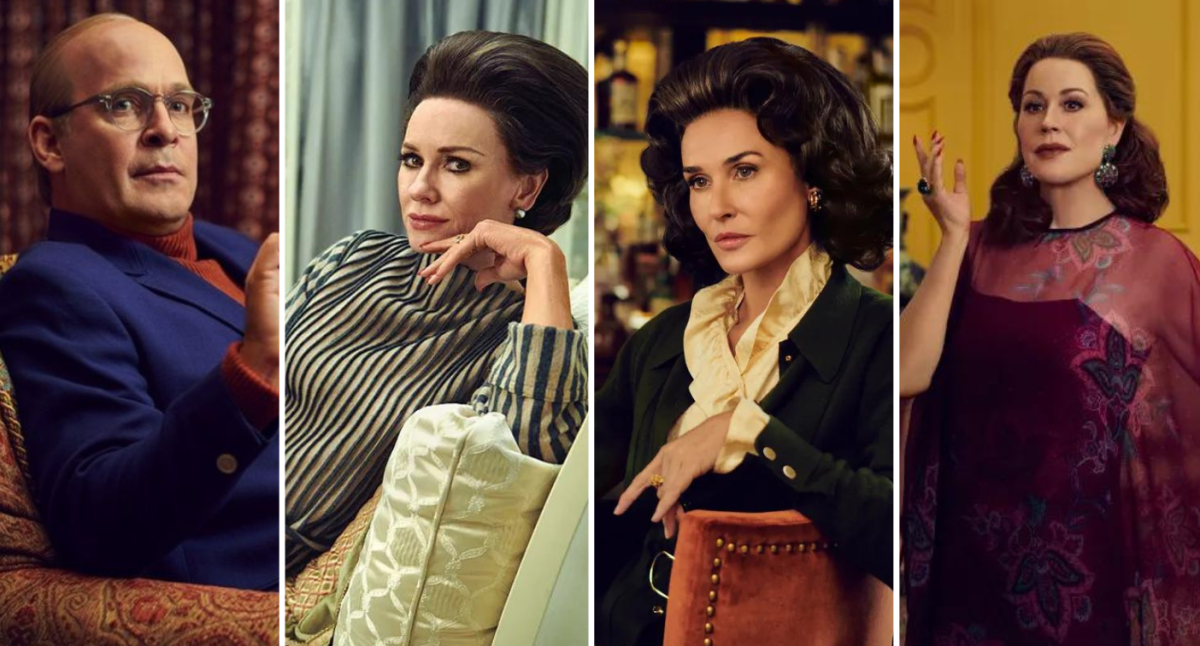The second season of FX’s “Feud: Capote vs. the Swans” delves into the captivating world of Truman Capote and his tumultuous relationship with the elite women known as the “Swans.” Led by actor Tom Hollander, who flawlessly embodies Capote’s complex persona, the series offers viewers a peek behind the curtains of high society drama and scandal.
At the heart of the storyline is Capote’s infamous betrayal of his closest confidantes, which culminated in the publication of “La Côte Basque, 1965,” a chapter from his unfinished novel “Answered Prayers.” The episode reveals intimate details about the lives of the Swans, including Babe Paley, Lee Radziwill, Slim Keith, and C.Z. Guest, leading to a public fallout and the unraveling of their friendships.
Hollander discusses the show’s portrayal of Capote’s rejection by the same elite circle he once reveled in. The character’s descent from a revered socialite to a pariah highlights the consequences of his unbridled gossip and scandalous revelations. Despite his wit and charm, Capote finds himself ostracized and isolated, mirroring his own tragic downfall.
The ensemble cast, including Naomi Watts, Calista Flockhart, Chloë Sevigny, and Diane Lane, brings depth and nuance to their respective roles. Watts shines as Babe Paley, the poised and elegant socialite who becomes the primary target of Capote’s betrayal. Flockhart’s portrayal of Lee Radziwill captures the character’s facade of strength and vulnerability, while Sevigny’s C.Z. Guest offers a glimpse into the complexities of forgiveness and empathy.
Lane’s Slim Keith navigates the tumultuous waters of friendship and betrayal with grace and resilience, reflecting the resilience of the Swans in the face of adversity. The series masterfully balances drama with emotional depth, inviting viewers to explore the intricacies of human relationships and the consequences of unchecked ambition.
In essence, “Feud: Capote vs. the Swans” is a compelling exploration of power, betrayal, and the high cost of fame. Through its captivating storyline and stellar performances, the series offers a poignant reflection on the nature of friendship and the allure of the elite social circles of the 1960s.















































